Since the Web is based on multiple data types, this topic meshes with the process and technology.
It is useful to mention that only by preserving this multi-media can the past be brought alive with rich data (a television channel motto?).
Free PreK-12 lesson plans, activities, and resources
Since the Web is based on multiple data types, this topic meshes with the process and technology.
It is useful to mention that only by preserving this multi-media can the past be brought alive with rich data (a television channel motto?).
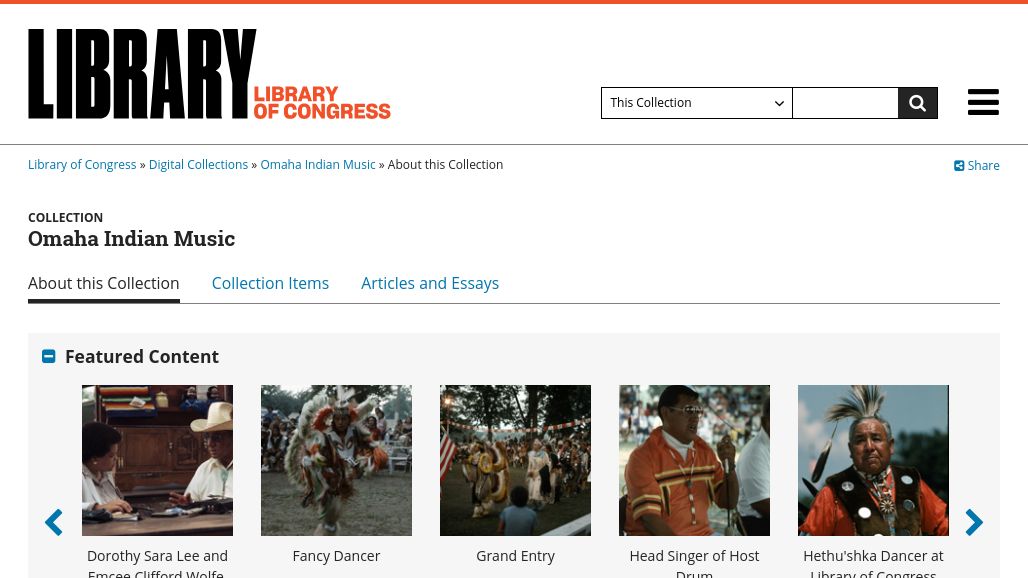
A wonderful audio collection of Native American folklore has been released – original music from the Omaha Indian tribal archives. Hosted by the American Memory Project at the… learn more
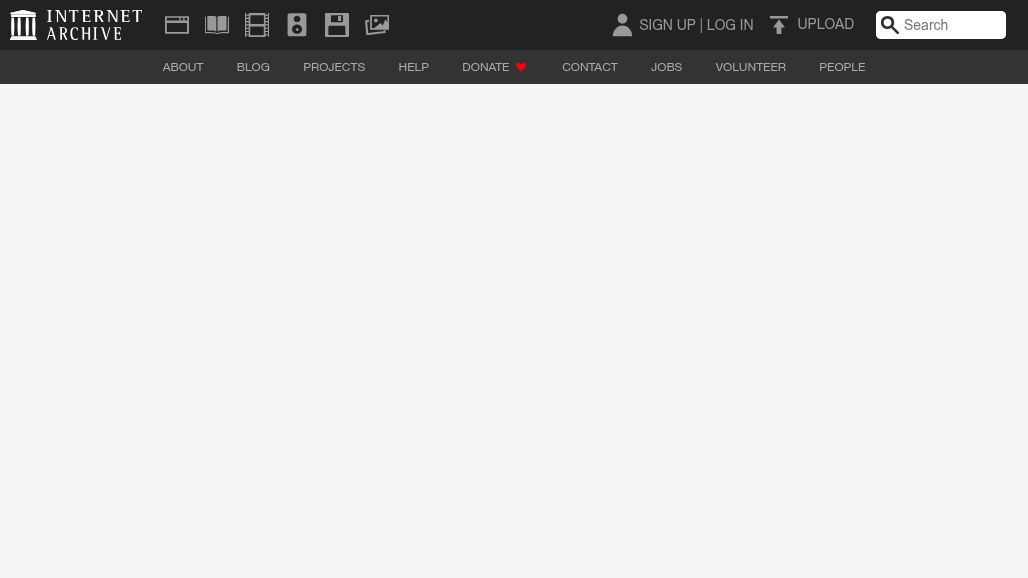
Archive.org, our webmasters favorite tool for tracking down web sites, also archives over 2,500 Old Time Radio shows. Not only can these programs be fun to listen to,… learn more
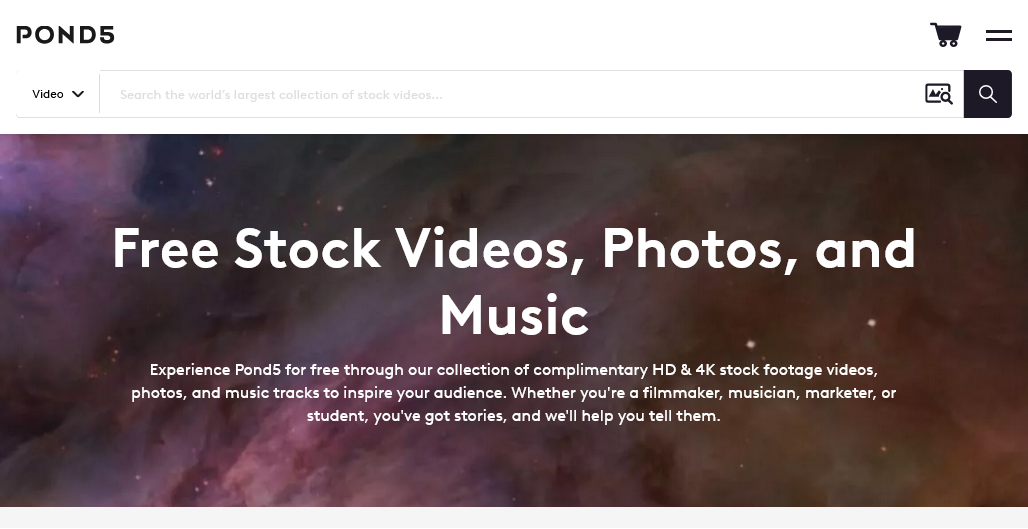
Pond5 sponsors this site allowing you and your students to download thousands of historic media files. The resources include video, audio, images and 3D models. Stock up on… learn more
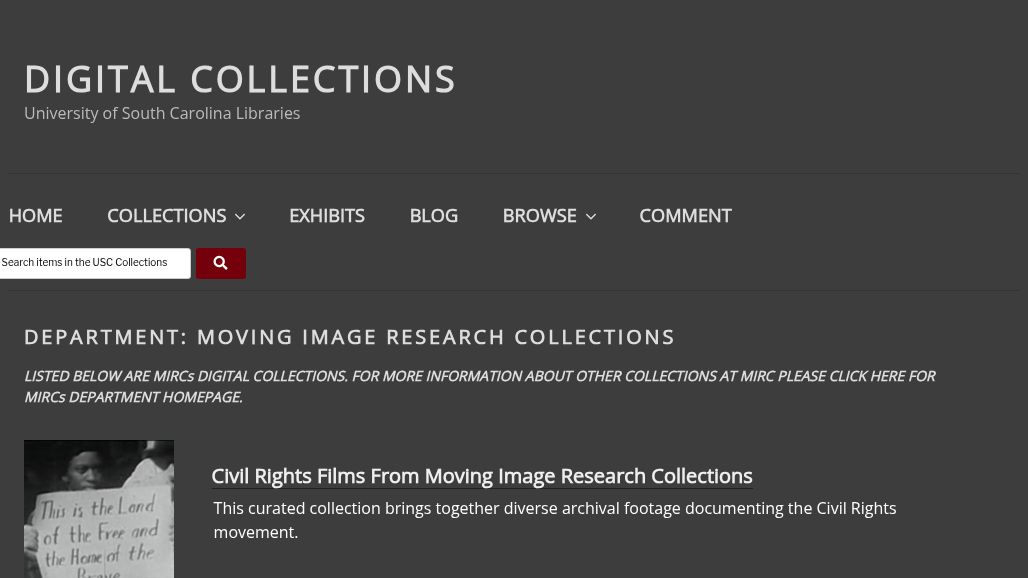
Footage from Movietone News and other sources portrays real time events from the past. It could encourage students to create their own productions online. learn more
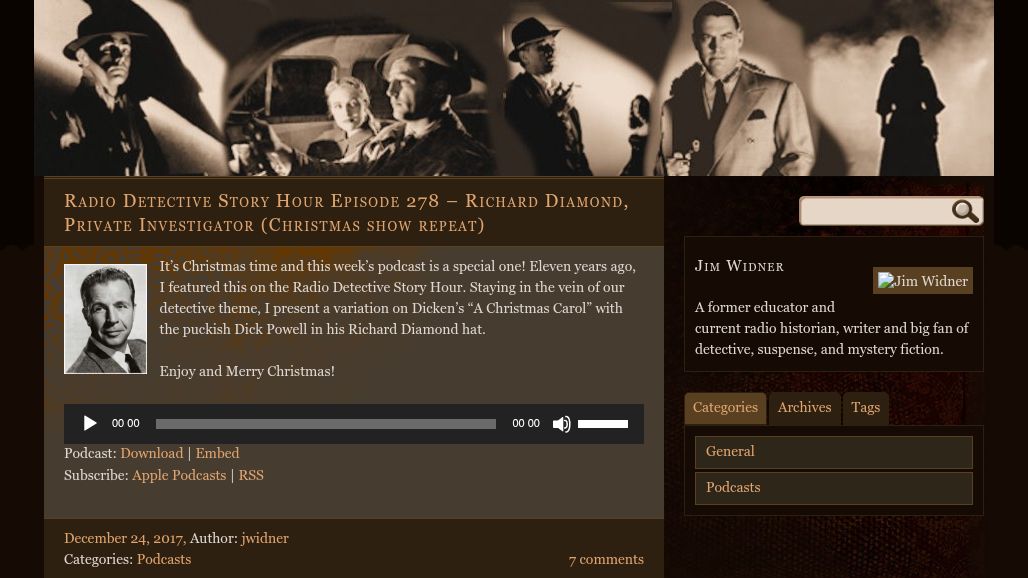
Old Time Radio (from OTR and Internet Archive) cultivates listening skills and provide a context for the times. Events and episodic stories, such as the Hindenburg disaster and… learn more
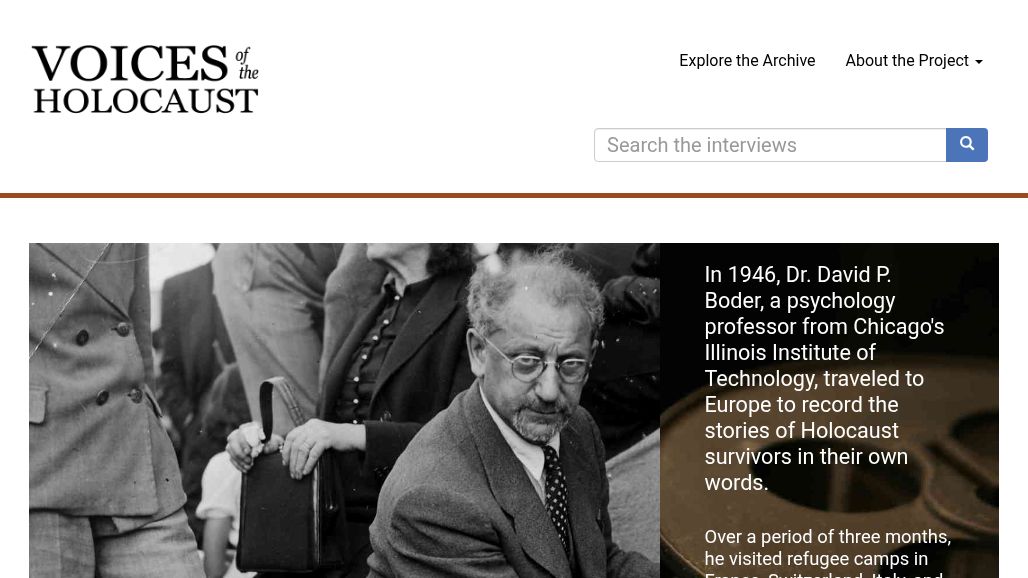
In 1946, one year after the end of World War 2 in Europe, Dr. David P. Boder traveled to Europe to record stories of Holocaust survivors in their… learn more
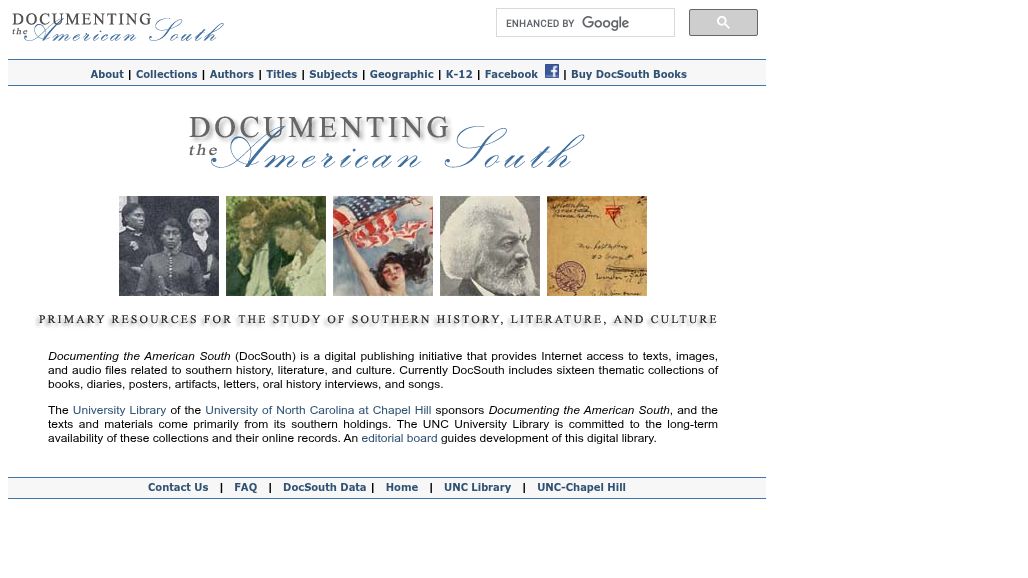
Documenting the American South (DocSouth) is a digital publishing initiative that provides Internet access to texts, images, and audio files related to Southern history, literature, and culture. Currently,… learn more
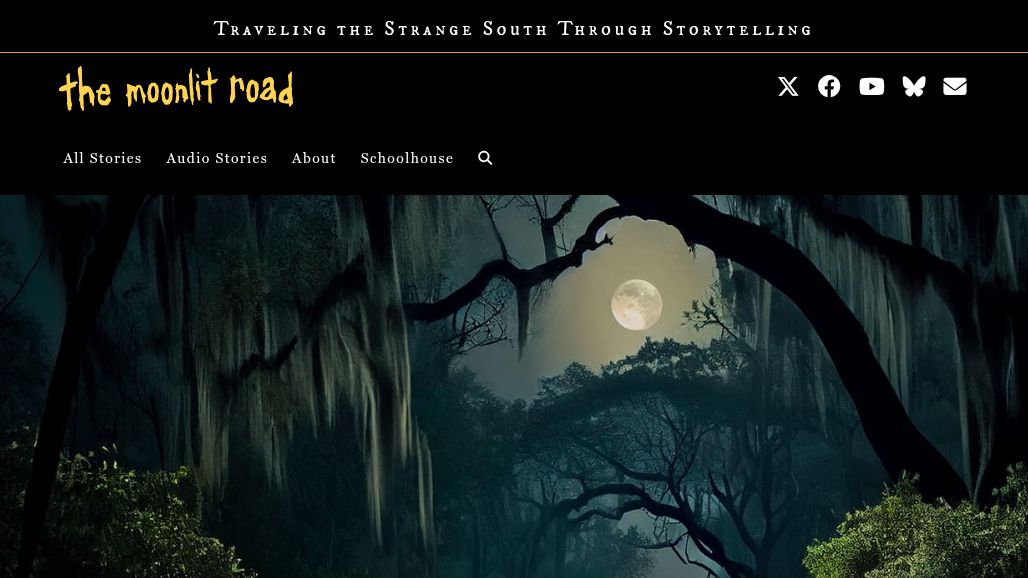
Welcome to The Moonlit Road.com, where we tell Southern ghost stories, folktales, myths and legends from the dark backroads of the American South. Want to come along? Follow the… learn more
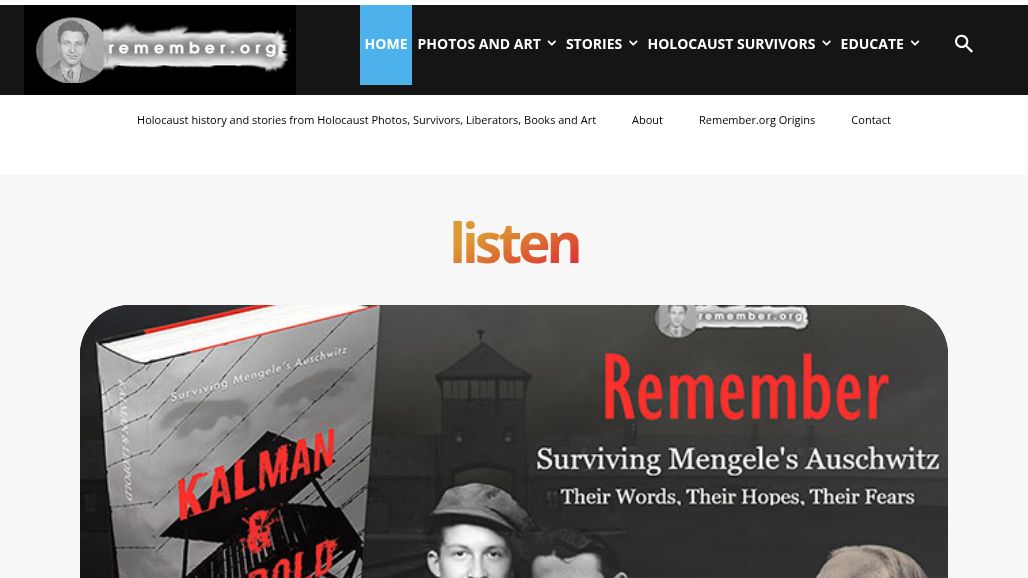
Remember.org is one of the more comprehensive sites which explores the context for the Holocaust. Over a half century has passed since the ending of this actual era… learn more
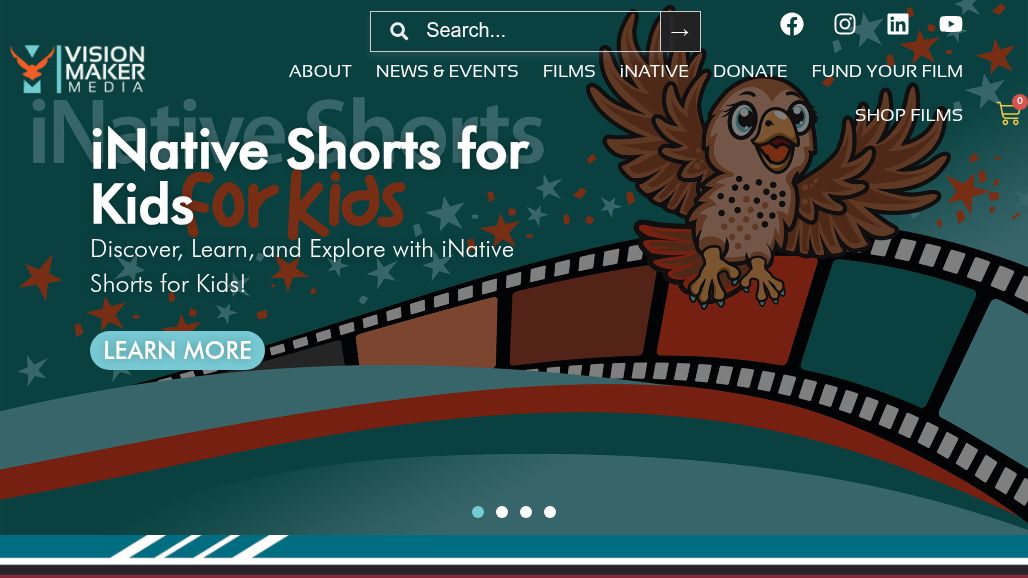
Vision Maker Media shares Native stories with the world that represent the cultures, experiences, and values of American Indians and Alaska Natives. Audio & video resources include the… learn more

Center for History and New Media at George Mason University has different categories with essays, primary sources, videos, audio recordings and tools, representing different points-of-view. learn more
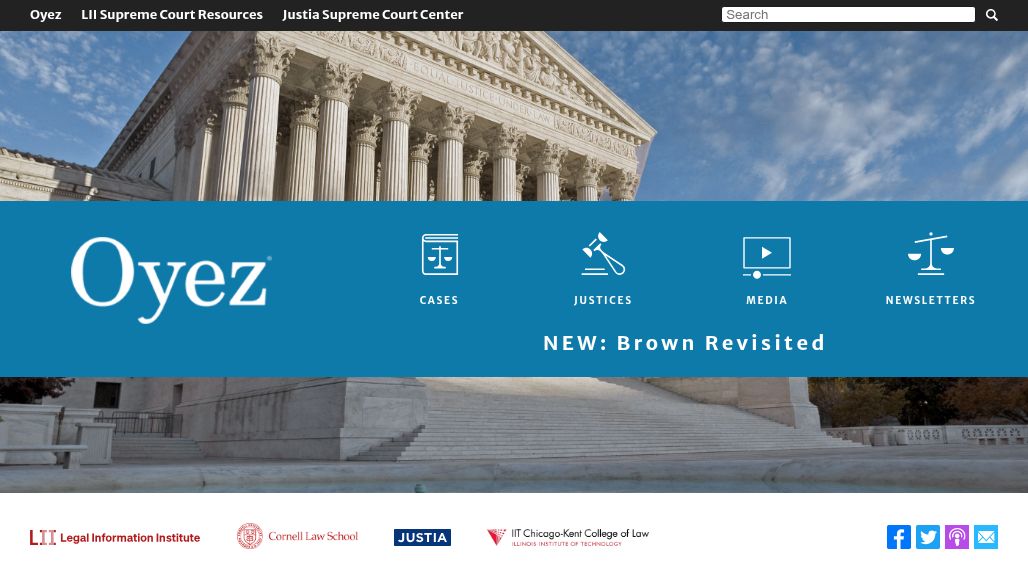
Oyez is a multimedia archive making the Supreme Court of the United States accessible to everyone. It is a complete and authoritative source for all of the Court's… learn more
No websites match your current filters
– no items filtered –